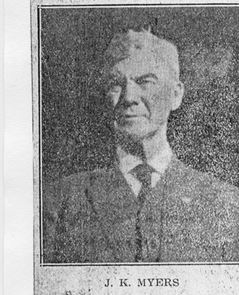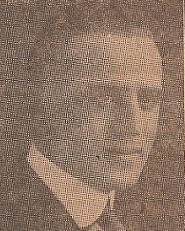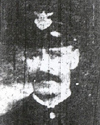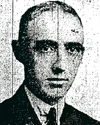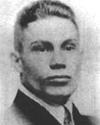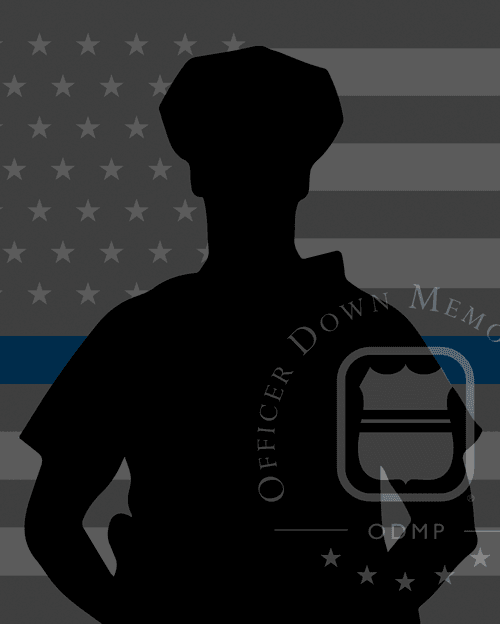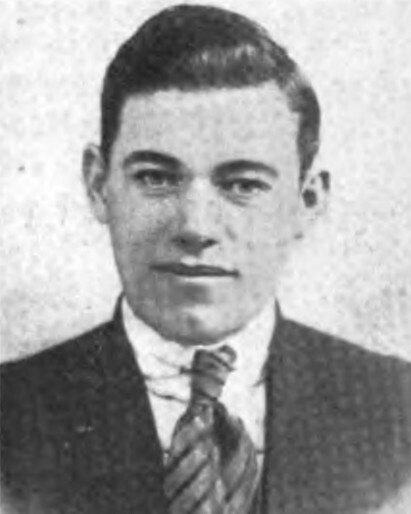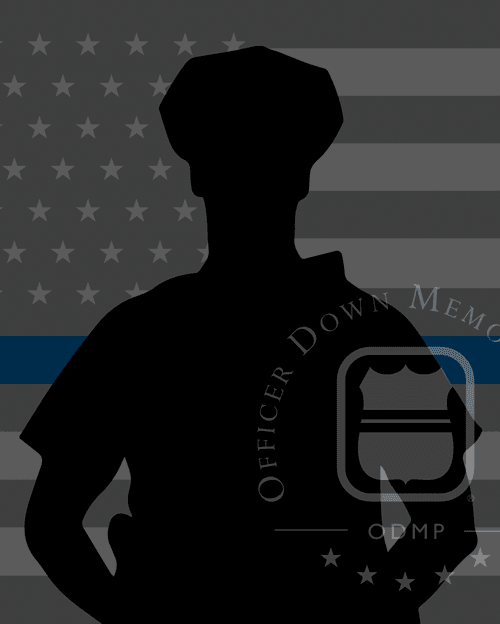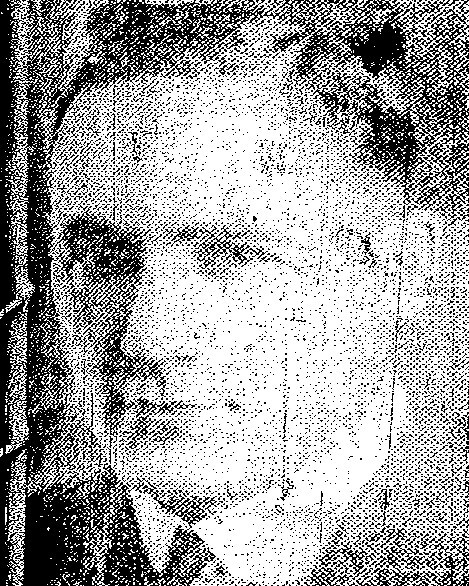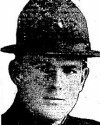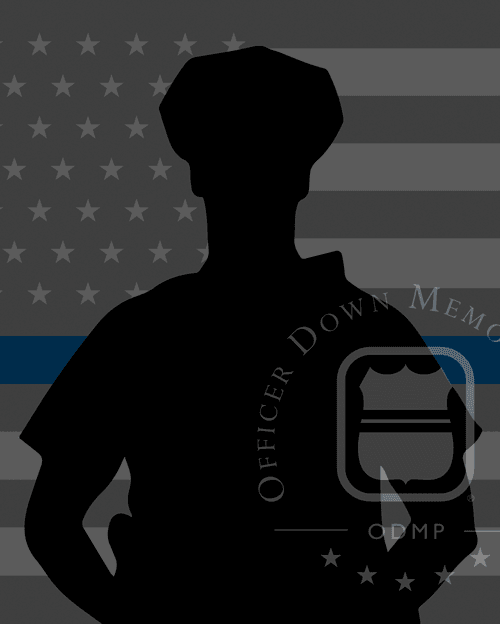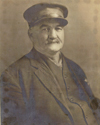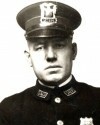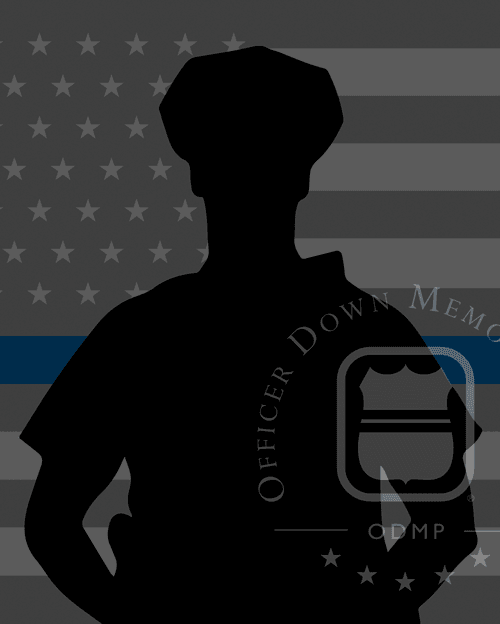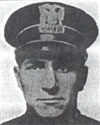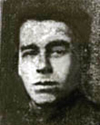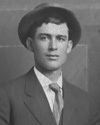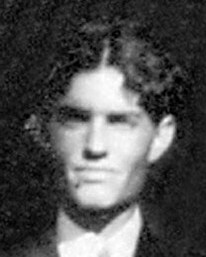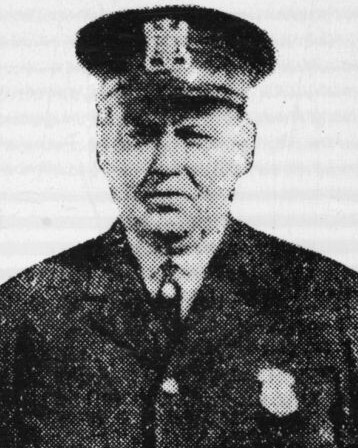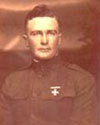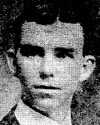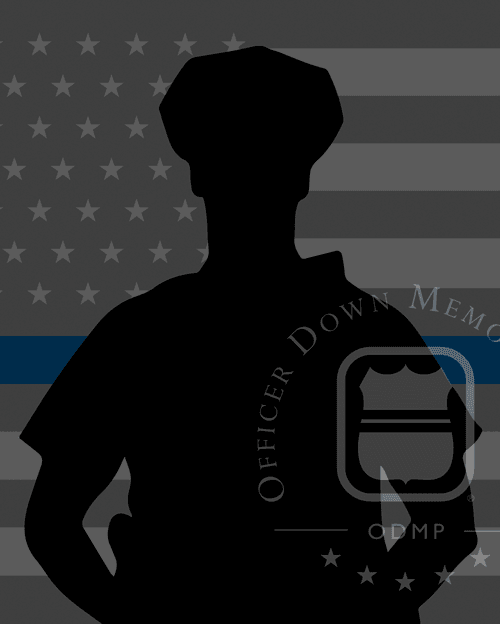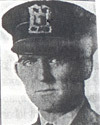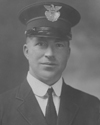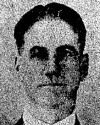
Detective William Goodenbour
Waterloo Police Department, IA
EOW: Thursday,
July 1, 1920
Detective William Goodenbour was shot and killed while attempting to arrest a man for forging a check at a local store. The suspect was shot and killed by Detective Goodenbour's partner.
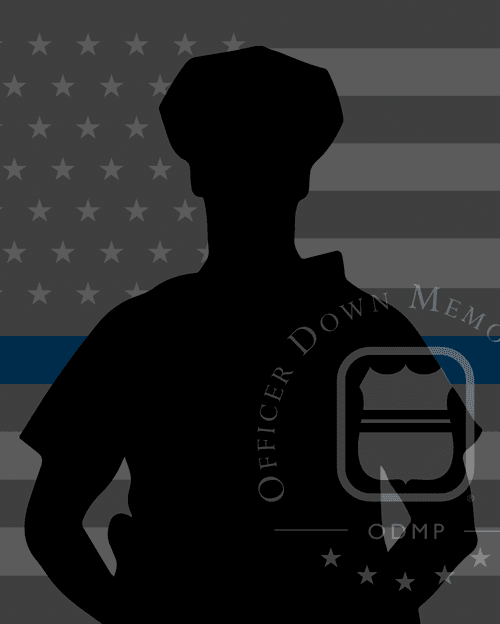
Deputy Sheriff Nathaniel "Nat" Martin
Tama County Sheriff's Office, IA
EOW: Monday, August 2, 1920
Deputy Sheriff Nat Martin was killed when his service revolver accidentally discharged as he and a posse were pursuing two car thieves.
As Deputy Martin stepped out of his car he caught his revolver trigger against the door causing the revolver to fire, the bullet entering his arm and chest.
Deputy Martin had been appointed a deputy only three weeks before his death. He was survived by his wife and two children.
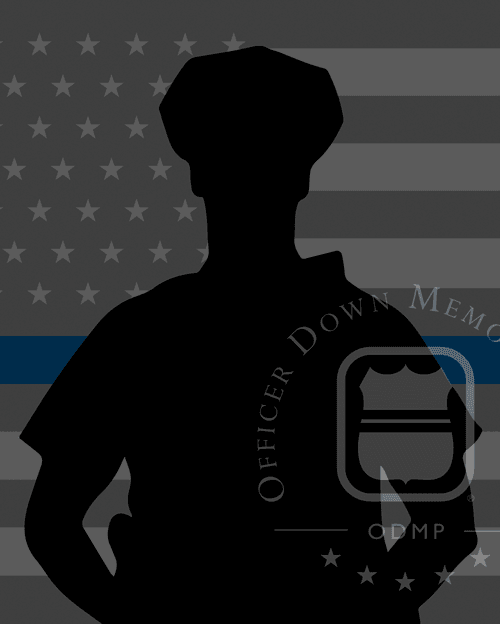
Deputy Sheriff Albert Patton
Page County Sheriff's Department, IA
EOW: Sunday, February 13, 1921
Deputy Sheriff Albert Patton was shot and killed by two men he was attempting to arrest for armed robbery. Both suspects were apprehended two days later in Phelps City, Missouri.
Both suspects were convicted of Deputy Patton's murder and sentenced to life. On August 3, 1922, one escaped from Fort Madison Penitentiary and was never recaptured. On May 7, 1935, the other subject's life sentence was commuted to 40 years.
Deputy Patton was survived by his wife, son, and two daughters.
